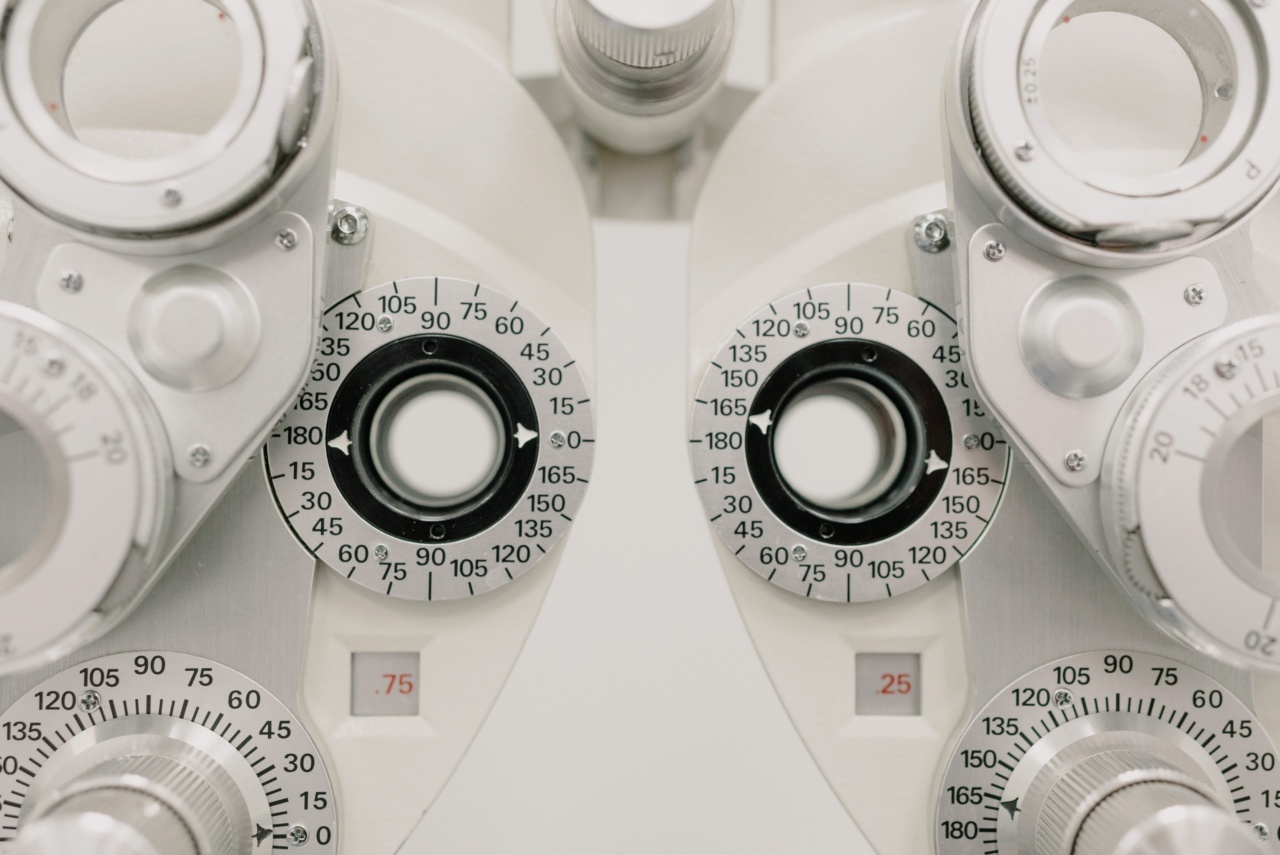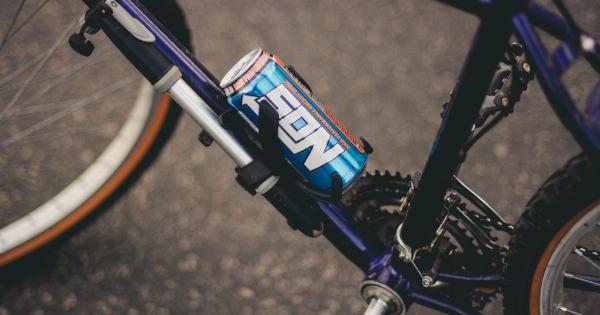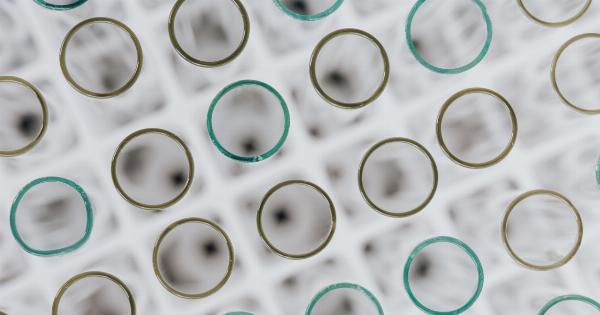Self test kits have become widely popular in the past few years, especially with the onset of the COVID-19 pandemic. They provide an easy and convenient way to test for various infections and diseases from the comfort of your own home.
However, the accuracy of these self-test kits has been a topic of discussion for some time now. One factor that is often overlooked when considering test accuracy is temperature. In this article, we will investigate the influence of temperature on self-test accuracy.
What Effect Does Temperature Have on Self Test Accuracy?
Temperature can have a significant impact on the accuracy of self-test kits. Most self-test kits use some form of chemical reaction to detect the presence of a particular infection or disease.
These reactions are sensitive to temperature and can produce false results if the temperature is not within a specific range.
At higher temperatures, the reaction may occur too quickly, leading to false positive results. Alternatively, at lower temperatures, the reaction may occur too slowly, leading to false negative results.
Therefore, it is important to ensure that self-test kits are stored and used at the appropriate temperature to achieve accurate results.
How to Store and Use Self Test Kits
Each self-test kit has specific storage and usage instructions. It is important to carefully read and follow these instructions to ensure accurate results. However, some general guidelines for self-test kit storage and usage can be applied:.
Storage Guidelines
- Store self-test kits at the recommended temperature, which can vary depending on the test kit.
- Avoid exposing self-test kits to extreme temperatures, humidity, or direct sunlight.
- Check the expiration date of the self-test kit before use.
Usage Guidelines
- Before using a self-test kit, make sure to wash your hands with soap and water.
- Follow the instructions carefully, paying attention to the required sample size and collection method.
- Make sure that the sample is taken at the appropriate time, as specified in the instructions.
- Read the results at the recommended time, which can vary depending on the test kit.
Temperature and COVID-19 Self Test Kits
With the COVID-19 pandemic still ongoing, self-test kits for the virus have become widely available. These self-test kits use a variety of methods to detect the presence of the virus, including antigen tests, PCR tests, and antibody tests.
However, all of these tests can be affected by temperature.
One study published in the Journal of Virological Methods examined the effect of temperature on the accuracy of the Quidel QuickVue At-Home COVID-19 Test.
The study found that the test was less sensitive at lower temperatures, with a decrease in sensitivity of up to 14% at 15°C compared to 25°C. Therefore, it is important to ensure that COVID-19 self-test kits are stored and used at the appropriate temperature to achieve accurate results.
Conclusion
Temperature can have a significant impact on the accuracy of self-test kits, including those used for COVID-19. It is important to carefully read and follow the instructions for each self-test kit, including storage and usage guidelines.
By doing so, you can ensure that you are achieving accurate results and taking the necessary steps to maintain your health.































